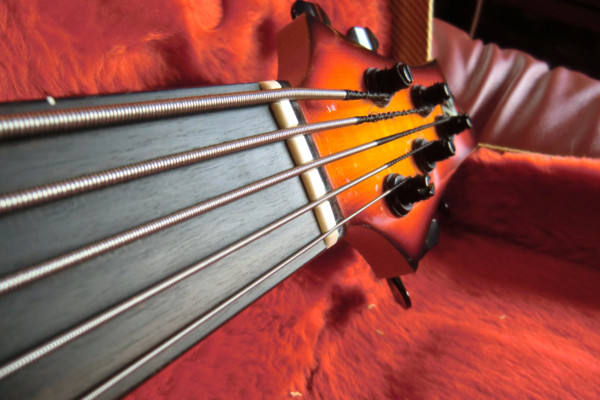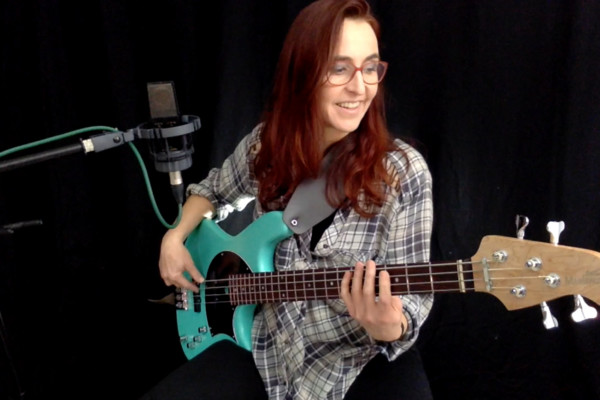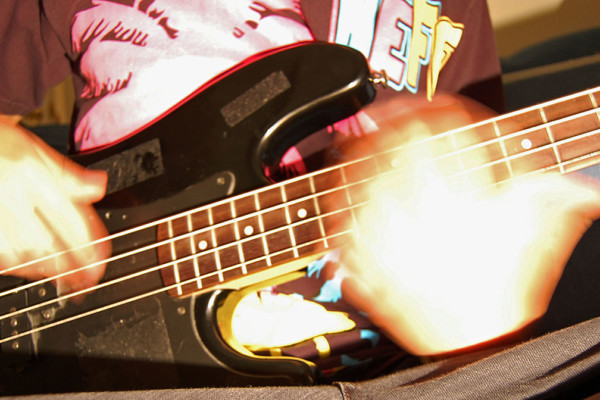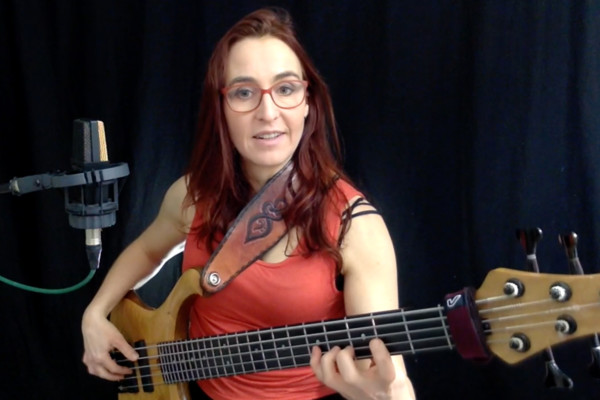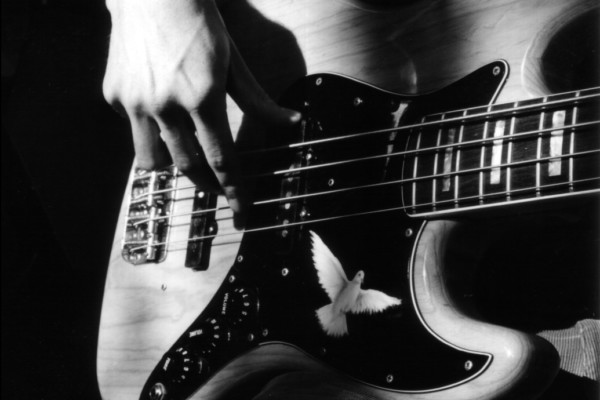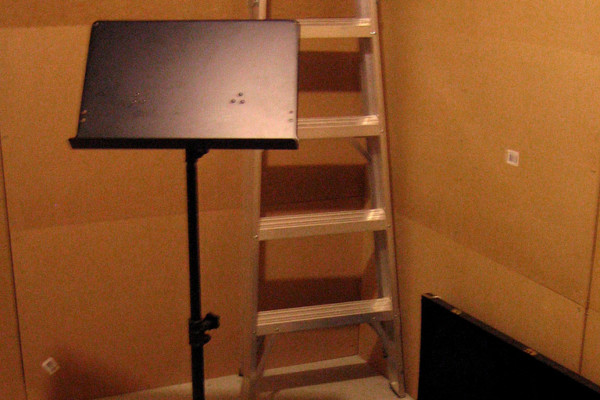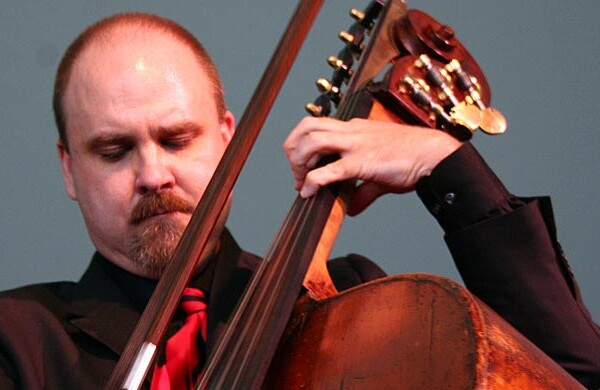Practicing Archives - Page 4
When You Can’t Get To It All In Practice Sessions
One of our No Treble readers has this to say: I understand how to structure my practice, but I’m still having trouble figuring out how to set up practice sessions because I have so much stuff to work on. I’m a bit frustrated. Do you have any suggestions? The first thing I’d suggest is to check out this column on...
Overcoming Learning Disabilities in Music
Q: What advice do you have for someone who has problems with playing 16th notes and has learning disability in math? I have goals to play music in my own gigs and play at a couple venues, but I’m doubting whether it’s even possible to play on one’s own. A: I don’t think that a learning disability should hinder you...
Getting Better Intonation on a Fretless Bass
Q: I’ve recently made a switch from fretted to fretless bass, and so far it’s been awesome, but here’s the thing… A couple of the fretted basses I’ve played so far were all 34-inch scale, and the fretless I now play is a 35-inch scale six-string – and it’s unlined. So stretching my fingers that wide is becoming a pain...
Talking Technique: Killer Dead Note Grooves
Dead notes are percussive effects that can really liven up a groove. There are a variety of ways to create them, including left-hand muting, right-hand percussion, and left-hand percussion. For this lesson we examine how dead notes (and silence) affect the groove. As is often the case, a good way to begin practicing them is by utilizing scales. We’ll be...
Practice Slow/Practice Fast
“Slow practice is fast practice” they say. To be sure, slow practice is a powerful strategy. Used by itself, however, it is incomplete. Ultimately, to perform fast passages well, we will need to have practiced them at full speed. In fact, if we are not careful, solely practicing a passage under tempo can drive us into a rut. It can...
Talking Technique: Tetrachord Workout
Similar to our last lesson, we’re working on exercises designed to shed your scales and build your technique at the same time. This time we’re focusing on tetrachords, which are four-note groups found within scales. You can also turn these exercises into speed training exercises by adding a few beats every time you play, but be sure not to go...
Motivation for Practicing
Q: I have days where I feel like I’m the worst player on the planet, and I have no drive to practice even though I should be. Do you have any tips for practicing/motivation on off-days? A: I’ve written about this in one form or another in past columns. I’ve often recommended finding something (that you really like) to transcribe...
Memorization: Tips for Bass Players
I received the following question this week from a concerned double bassist: “How can I keep from having memory slips on stage?” Even experienced performers may have the occasional memory faux pas on stage. However, there are some things we can do to minimize the risk. Be prepared early. The earlier you can play something from memory in the practice...
Finding Your Voice vs. Conventional Bass Playing
Q: I have really been obsessed with wanting my own unique voice and approach on the bass. Do you think that I’d be doing myself any harm in the long run if I avoid conventional approaches to learning (like scales, changes, learning blues lines, etc…) in an attempt to develop something new? A: That’s an interesting question, (and one that...
How to Change Up Your Practice Routine When You Don’t Feel Like Practicing
Q: What does one do about practice when you just don’t feel like playing and can’t get into it? Do you walk away for a few days or force yourself to play? A: Everyone likely has a different approach, but I have a few things that I try to do before throwing in the towel and taking a break. But...
Preferred Scale Books for Bass Players
Recently I’ve been getting a lot of people asking for recommendations for “good” scale books for the double bassist. This is an interesting subject, as there so many books out there! Furthermore, whether a scale book is “good” or not often depends not on their content, but rather how they are applied. This is why a good teacher and a...
Getting “Unstuck” from the Blues Scale
Q: How do I get myself unstuck from using the blues scale? Whenever I solo in fingerstyle or slap, I can’t help but to be stuck on the blues scale. I want to move on from it. Also, when I’m doing slap, I stick to octaves, but I want to be able to do different intervals and move around a...


